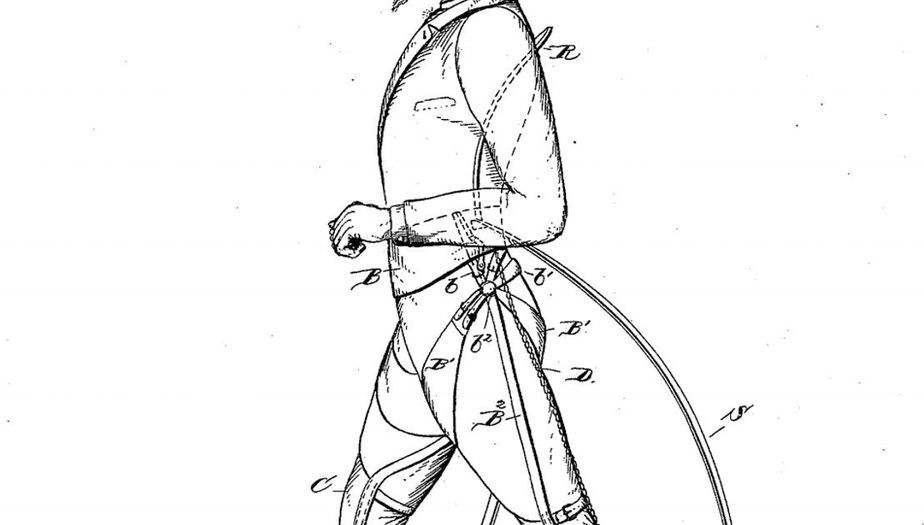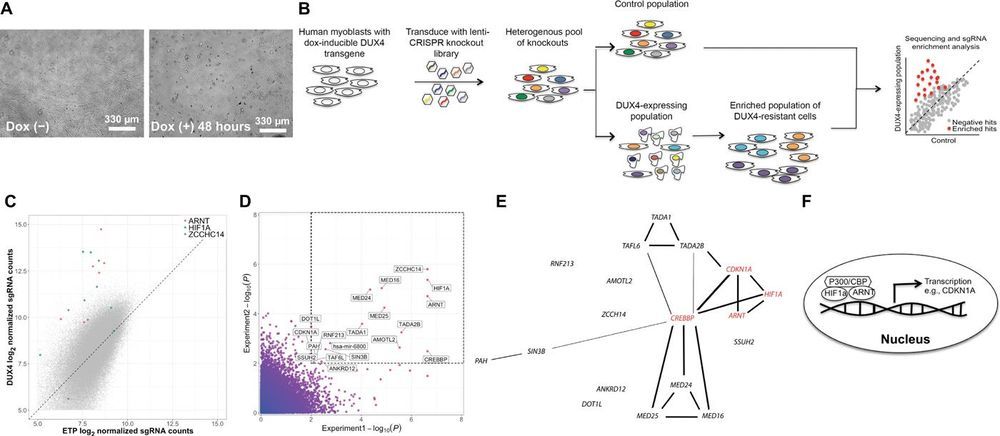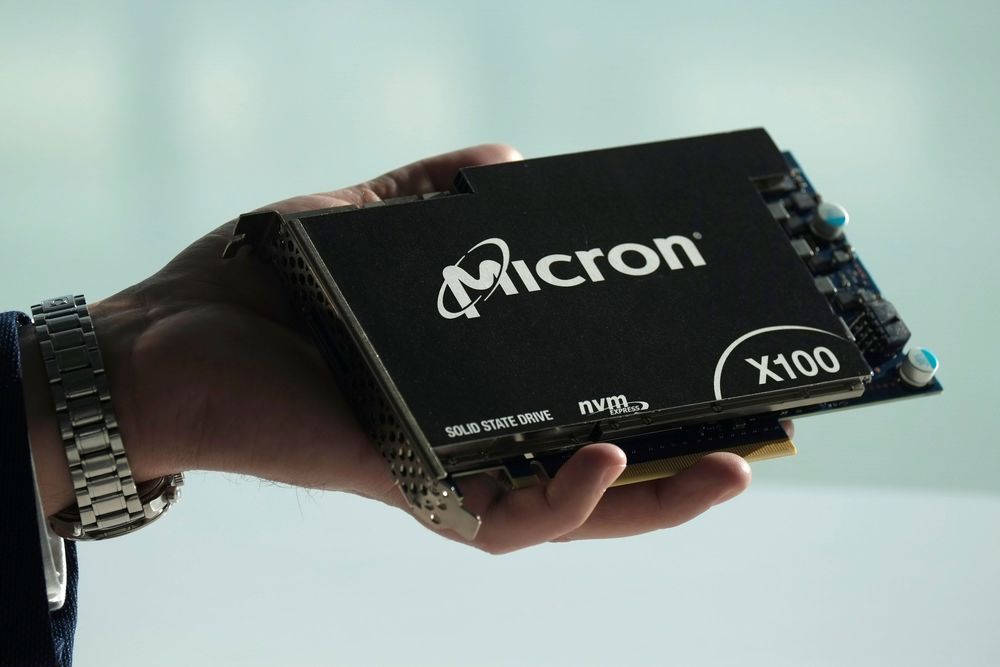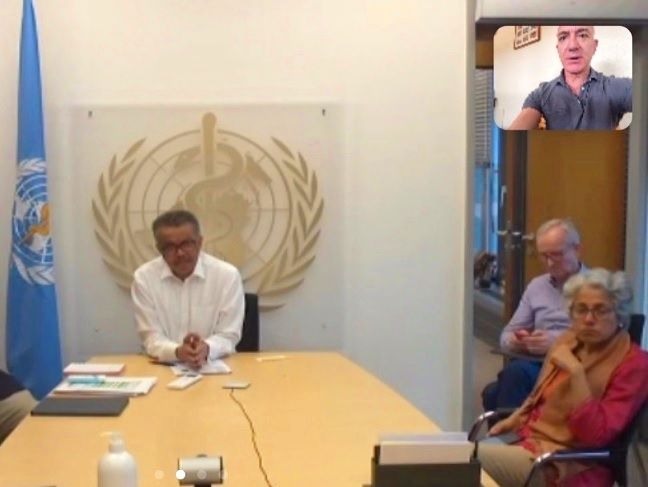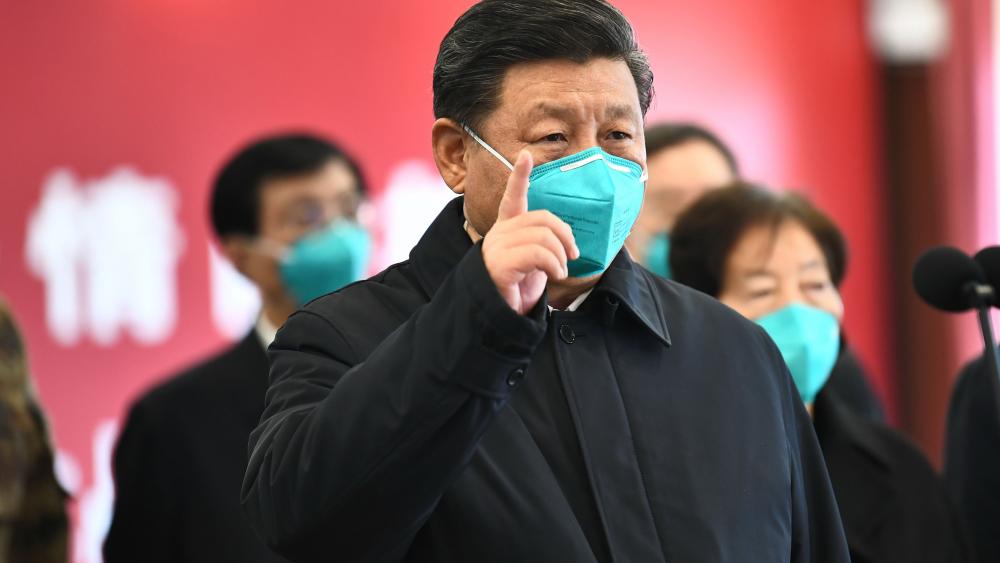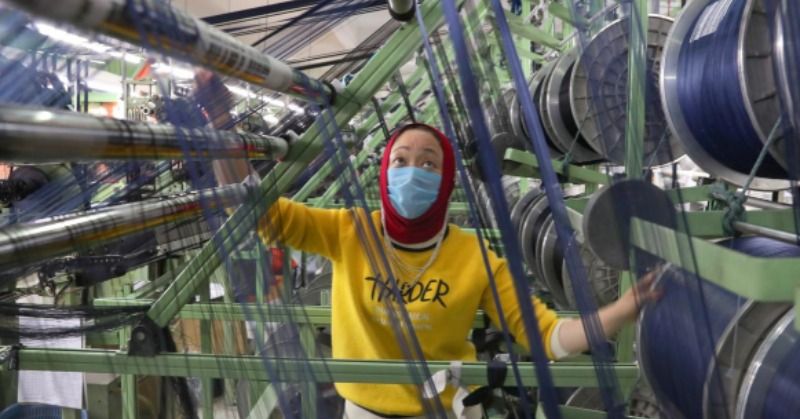Mar 27, 2020
Extremely steampunk leg attachments could let humans run 46 miles per hour
Posted by Quinn Sena in categories: law enforcement, transportation
“Cycling is considered a new sport,” he says. “Ice skating is considered a separate event at the Olympic games. As technology develops and performance becomes not comparable to running, we might see this device being considered as an augmentation device that would initiate a new sport.”
As exciting as it is to look forward to a new realm of super-fast sports, there’s always the chance such technology might be used non-recreationally. Braun is aware of the potential for misuse of his spring legs by law enforcement agencies (a group who may benefit from them, per the paper’s abstract).
Braun likens the hypothetical use of his devices to the use of Segways by police forces. They allow for more mobility. But making sure they’re used ethically, is still an open question.
